Mystery and Excellence of the Human Body: An Exploration
A question that has assumed in our times a great importance in pedagogy is: in what does our true fulfilment consist? And, in that context, what is the nature and content of that knowledge which all human beings should pursue and possess. It is, indeed, possible to ask whether the human search can ever truly be fulfilled and whether it is not wise to limit ourselves to some immediate utilitarian or pragmatic goals. As a matter of fact, a large number of pedagogical programmes have been designed in the context of what is pragmatically useful to individuals and to society. This prag- matic approach has its own justification; but it seems that the time has come when deeper questions must be raised and answered. Considering that there is today an unprecedented explosion of infor- mation, one is obliged to ask how one can relate oneself to this explo- sion in such a way that one is not crushed under the increasing flow of information. On the one hand, there is a pressure towards specializa- tion; on the other hand, a pressure towards inter-disciplinary and holis- tic knowledge. Knowing more and more about less and less bestows upon the individual a specialized capacity and proficiency but it also creates disabling inefficiencies in respect to larger questions where multi-sided knowledge is indispensable. There is more to perplex us. The specialized knowledge and effi- ciency that the individual possesses today tend to become obsolete at a rapid rate. There is, in consequence, an increasing pressure to continue learning all the time. This, however, leaves very little time to expand horizons of knowledge in fields other than that of narrow specialization. With the passage of time, our inefficiency in dealing with the general questions of life goes on increasing. At a certain stage, this situation, if not corrected, can really become alarming. Crises of various kinds are bound to multiply. This is what we witness today all over the world. Still something further is there to disturb us in the very heart of our being: the increasing mechanization of life and the increasing tendency to impose mechanical solutions on human problems where they really do not work. Humanity is gradually moving in the direction of dehu- manization. It seems as though humanity is gradually sinking into a routine of life that prevents the pursuit of rationality, morality and spir- ituality. This routine of life is supported and imprisoned by structures or superstructures over which none has any control. This would not matter, to some extent, if human beings were ready to forget their higher dimensions of personality and bury their higher aspirations in exchange for certain pleasures and securities that can be provided by the mechanizing and dehumanizing society with its uncontrollable structures and superstructures. But human beings are complex; they have many parts to their being; they are, therefore, obliged to listen to the conflicting voices arising from their complexities and compli- cations. They are bound to ask whether they are doomed to remain for ever in a state of inner conflicts or whether these conflicts can be resolved in some state of fulfilment. That an increasing number of human beings are consciously experiencing the pressure of inner con- flicts is becoming more and more evident and we hear all around the mounting call of the crying. soul of humanity. It is against this background that deeper questions, both of life and education, have become extremely urgent and imperative. The question of human fulfilment, therefore, is becoming increasingly relevant to post-modem enquiry. The idea that the human being is fundamentally a particle of dust destined to return to dust - this materialistic view of man - is being increasingly suspected to be a dogma under the pres- sure of existential problems which we need to deal with and resolve. The idea that matter alone is real is being admittedly found to be untenable because it cannot be verified by any experience and because with the expanding spectrum of data, where supra-physical realities have begun to demonstrate their presence or imprint, a larger non- materialistic formulation has become inevitable. All this impels us to institute fresh enquiry and research. We shall avoid all dogmatism in our inquiry. Just as we are not bound by the dogmatism of materialism, even so we shall not bind our- selves to the dogmatic refusal of the reality and significance of Matter. In our explorations, we shall record the data of various domains of existence and evaluate them by appropriate methods. If this approach does not lead us to any definite conclusions, we shall not take recourse to any short-cut methods in order to balm ourselves with ill-gotten cer- tainties. We shall prefer to remain in the state of uncertainty and con- tinue to cultivate the attitudes appropriate to open-ended exploration. We shall commence our journey with this indisputable fact of our experience that we find ourselves placed in the universe and that the most natural activity for us is to explore ourselves and the universe and the complexities of our relationship to the universe. The task of the educationist is to advise us as to how best we can arrive at the knowl- edge of ourselves and the universe and develop the capacities of relat- ing ourselves to the universe so as to make that relationship as harmo- nious as possible.
We shall also bear in mind that our capacities for knowledge depend very much upon the quality of the consciousness with which we approach the activities of knowledge. The universe which looks so beautiful and wonderful to the consciousness of the poet is perceived to be oppressive and awful to an ordinary and weary consciousness. Objects which seem to be opaque and veiled to our superficial con- sciousness present themselves in their revelatory character to our deep- er consciousness. We thus seem to be led to the wisdom of the ancients, who held that while there are several alternative ways of gaining knowledge, the most effective key to knowledge is the development of deeper and higher levels of consciousness. The ancient wisdom goes also further to affirm that there is a knowledge, knowing which every- thing can be known, and that the door to that knowledge lies through inmost self-knowledge. This opens out before us a specific line of exploration, and we begin to ask questions as to what is our self and how we can attain self-knowledge. We note that everyone of us has some kind of self-experience and that much of the effectivity of our action depends upon certain states and qualities of self-experience. The quality of sincerity, for example, imparts to our state of being some kind of indefinable but intrinsically satisfying and effective self-experience. Having reached this point of exploration, we are in a position to make one general proposition of fundamental value in pedagogy, which can be stated as follows: "One general aim of education should be to enable each individual to develop the states of higher and higher degrees of sincerity." Numerous experiments have shown that wandering thoughts, a mul- tiplicity of desires and the restlessness of impulses are the principal factors that prevent us from having genuine experiences of inner sin- cerity. One can verify this by simple experiments within oneself. It fol- lows, therefore, that one has to find effective means and methods by which thoughts, desires and impulses can be controlled. In the course of the history of education, many such methods have been attempted and experimented upon. These experiments have revealed that nothing in the world is as difficult as to control oneself and ultimately to arrive at self-mastery and self-perfection. Many experiments have failed because self-control is sought to be achieved through the methods of unintelligent or forceful repression or suppression which tend to weak- en or kill the fundamental life-force. It is seen that it is only when we give up repression or suppression and seek to transform life by meth- ods of purification that this problem can be rightly resolved. Continuing on this track of exploration, we enter into a vast domain of education that aims at self-knowledge by self-control through meth- ods of purification
Get it now and save 10%
BECOME A MEMBER

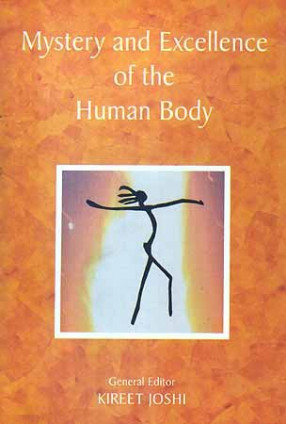
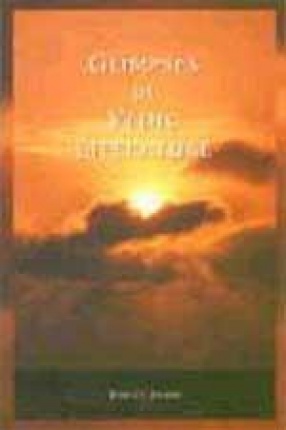

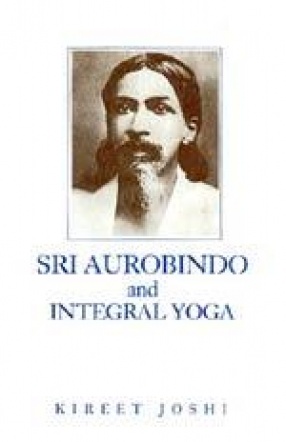
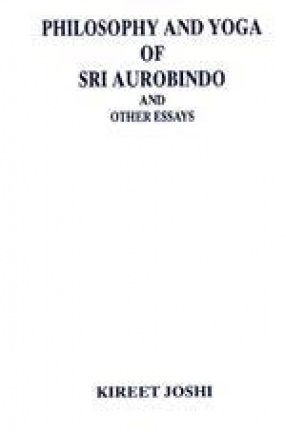

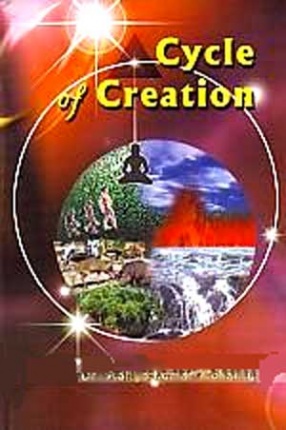
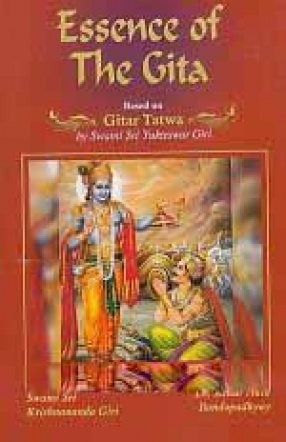

Bibliographic information